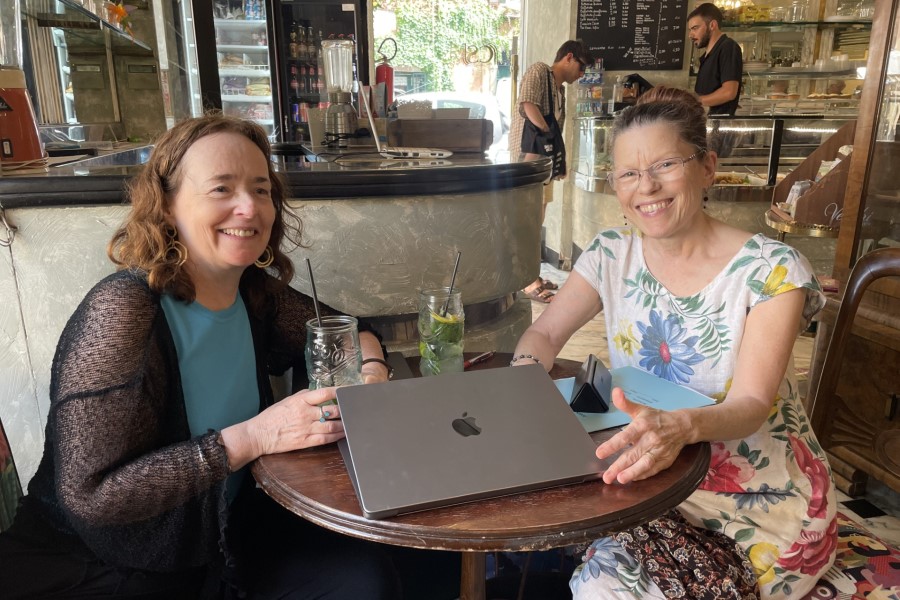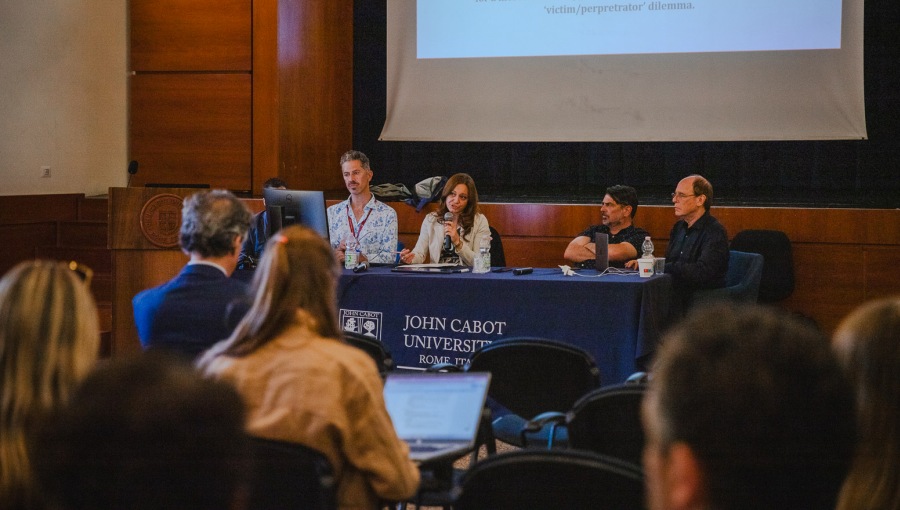Uncivil War: Author Huw Bennett on the Northern Irish Conflict
On October 25, International Relations Professor Simone Tholens welcomed Huw Bennett, Reader at Cardiff University, to discuss his newly released book Uncivil War: The British Army and the Troubles, 1966-1975 (Cambridge University Press, 2023). The lecture was part of the Rome Security Dialogues seminar series promoted by JCU’s Department of Politics and International Affairs.

Bennett joined Cardiff University in 2016 and is a specialist in war history, and strategic and intelligence studies, with a focus on the use of military power.
Uncivil War, Bennett’s second publication after Fighting the Mau Mau: The British Army and Counter-Insurgency in the Kenya Emergency (Cambridge University Press, 2012), is an in-depth analysis of how the British Army reacted to the Troubles, leading Northern Ireland into a protracted conflict. The Troubles are conflicts that broke out in the late 1960s and late 1990s in Northern Ireland between the Catholic community, upholding nationalist and republican ideas, and the Ulster Protestants, promoters of unionism and loyalism.
In his talk, Bennett explained how the British military’s ambivalent response to Ulster loyalist violence undermined the prospects for a peaceful resolution of the conflict. He also addressed the climate of distrust that British strategies had created among Catholics and the birth of the Provisional Irish Republican Army (PIRA) as an organization dedicated to ending the British presence in Northern Ireland and reunifying it with the Republic of Ireland.
Bennett went on to mention the turning points that days such as Ted Heath’s unexpected victory in the 1970 election and Bloody Sunday in 1972 brought locally and globally. He also recalled the 1973 attempted agreement to end the Troubles, known as the Sunningdale Agreement, the implementation of which was thwarted by PIRA protest actions and the Ulster Workers’ Council strike of May 1974.
Bennett concluded his talk by quoting his book, “We cannot envisage peace,” to reiterate the complexity of the Northern Irish conflict, which for many military strategists was described as unsolvable in late 1975.





